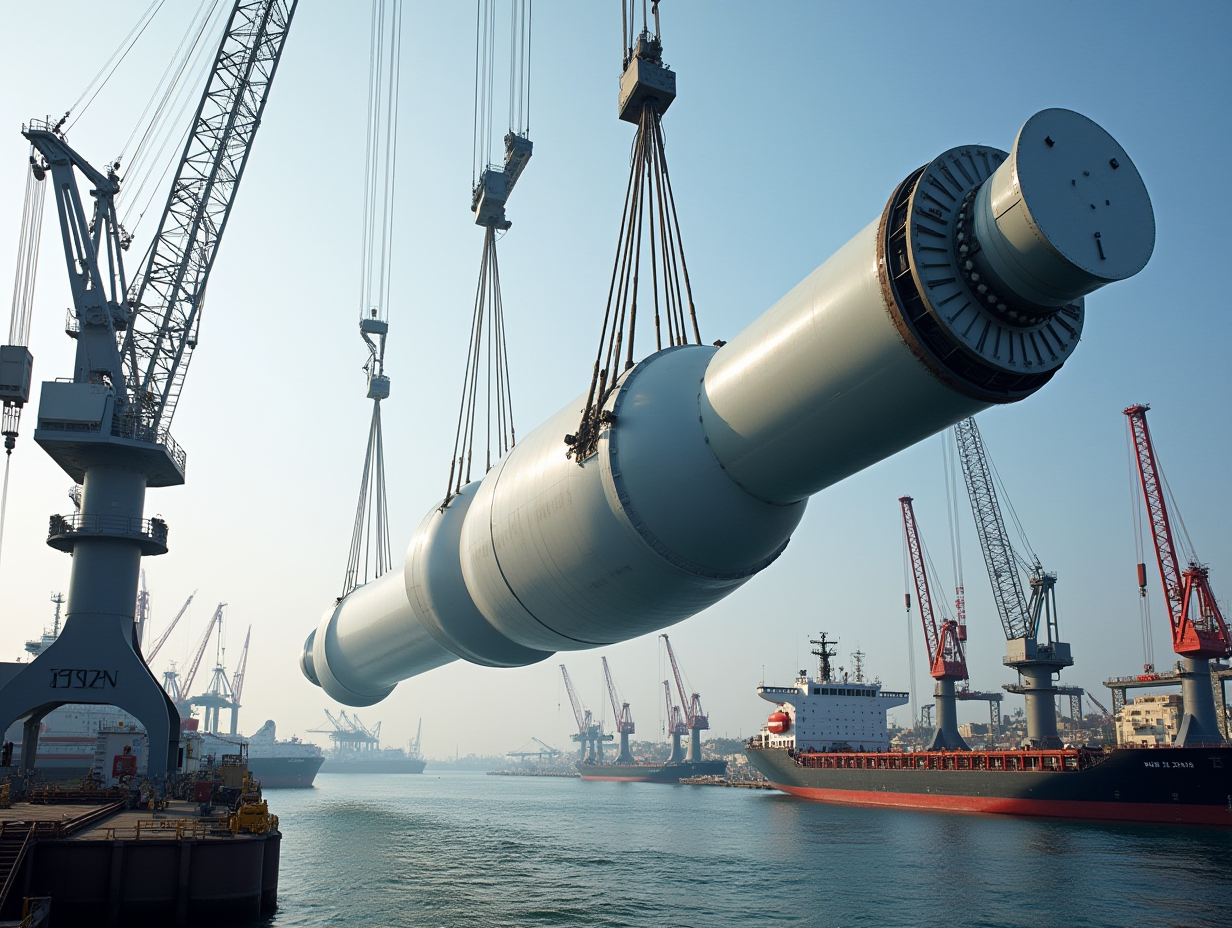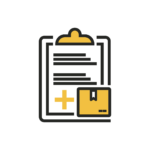Breakbulk Shipping Services
Why Choose Us?
- Breakbulk Shipping Experts: Our team possesses over a decade of experience in managing complex, non-containerized, and project cargo shipments for a diverse range of corporate and individual clients.
- Full One Stop Breakbulk Shipping Services: Our One-Stop Breakbulk Shipping Services is designed to be fuss-free for our clients. This includes door-to-door or port-to-port logistics, specialized handling, warehousing, customs clearance, and even the application of cargo insurance, among other services.
- Accurate Quotations With No Hidden Costs: We take pride in providing accurate breakbulk shipping quotations that are straightforward and transparent, allowing you to budget effectively and make informed decisions.
Request For Logistics Assistance Now!
- Engage Us Over Email / WhatsApp
- Consult Our Specialist(s)
- Get Your Cargo Delivered
Free Quotation For Your Shipment
One Stop Freight Solutions For Your Convenience
OUR FULL RANGE OF BREAKBULK SHIPPING SERVICES INCLUDE
OUR GLOBAL BREAKBULK SHIPPING COVERAGE

Who Is Sea Freight Suitable For?
Request For Logistics Assistance Now!
- Engage Us Over Email / WhatsApp
- Consult Our Specialist(s)
- Get Your Cargo Delivered
Express Freight Management
Express Freight Management is your one-stop shipping solutions provider. With a global reach and a commitment to customer satisfaction, we ensure smooth and efficient shipping from start to finish.
FAQs About Breakbulk Shipping
What Does Breakbulk Mean In Shipping?
Breakbulk shipping is a method of transporting goods that are too large, heavy, or unconventionally shaped to fit into standard shipping containers. Instead of being packed in a container, each piece of cargo is loaded, stowed, and unloaded individually. These goods can be in various forms, such as in bags, boxes, crates, drums, or as single large units like machinery or vehicles.
What Is The Difference Between Containerized And Breakbulk?
The fundamental difference between containerized and breakbulk shipping lies in how the cargo is handled and transported.
-
Containerized Shipping involves loading goods into standardized containers, typically 20 or 40 feet long. These uniform boxes can be easily and efficiently moved between ships, trucks, and trains, offering greater security and protection for the cargo inside.
-
Breakbulk Shipping handles each item individually. It is used for cargo that cannot be containerized due to its size, shape, or weight. This method requires more manual labor and specialized handling for each piece during the loading and unloading process.
What Are The Disadvantages Of Break Bulk Cargo?
While necessary for certain types of goods, breakbulk shipping has several disadvantages:
-
Higher Costs It is a labor-intensive process that requires more personnel and specialized equipment for handling, leading to higher shipping costs compared to containerized methods.
-
Longer Port Times Loading and unloading cargo piece by piece is significantly slower than moving standardized containers, which means ships spend more time at port.
-
Increased Risk of Damage and Theft Since the cargo is handled more frequently and is often less protected than goods sealed in a container, there is a greater risk of damage, loss, or theft during transit.
-
Requires Specialized Infrastructure Not all ports are equipped with the heavy-duty cranes and other specialized equipment needed to handle large and heavy breakbulk items.
What Are The Five Commonly Shipped Break Bulk Cargoes?
Breakbulk shipping is essential for a wide range of industries. Five common categories of cargo shipped this way are:
-
Project Cargo and Heavy Machinery This includes large, high-value, or critical equipment needed for projects like power plants or factories, such as turbines, generators, transformers, and construction equipment.
-
Steel and Metal Products Large steel beams, coils, plates, pipes, and girders are frequently transported as breakbulk cargo.
-
Forest Products Raw materials like bundled lumber, pulp, paper rolls, and timber are often shipped as breakbulk due to their size.
-
Vehicles and Rolling Stock Oversized vehicles such as buses, trucks, cranes, and railway components are often shipped using breakbulk services.
-
Oil and Gas Equipment Large components for oil rigs, pipelines, and other energy infrastructure frequently require breakbulk transportation.

















